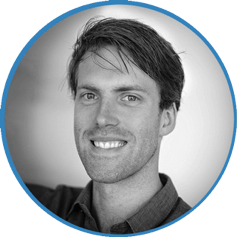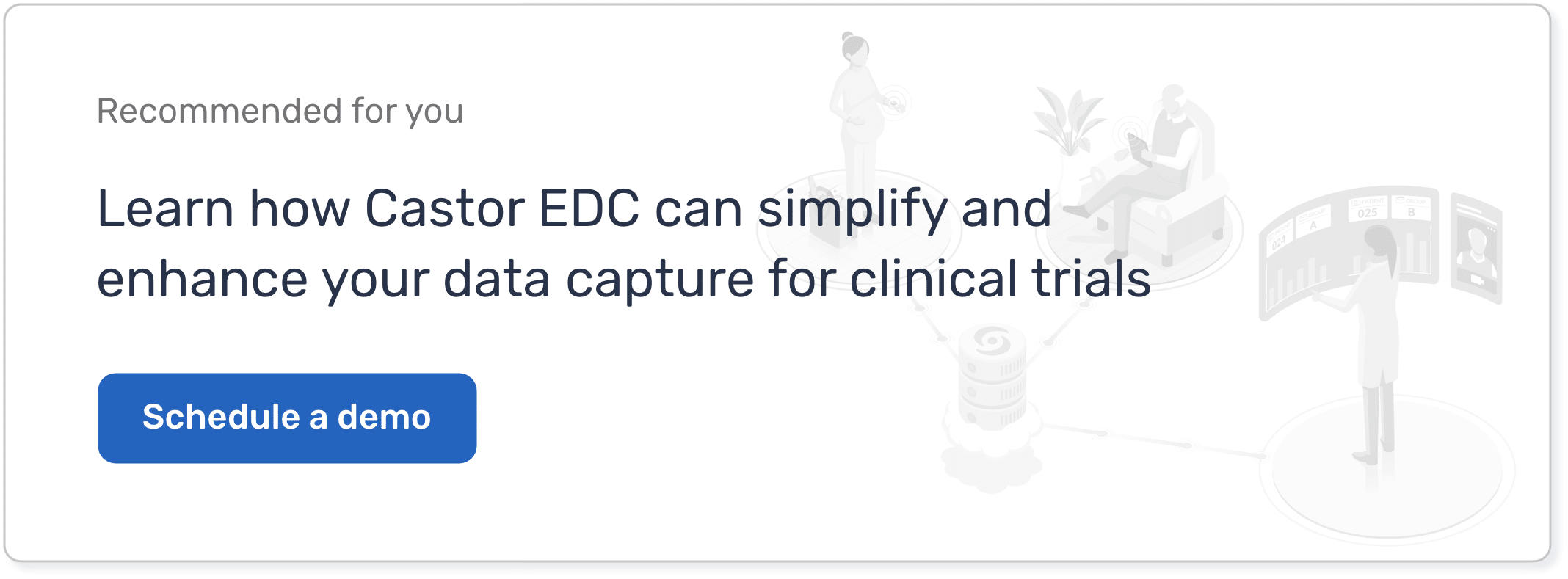Back in the summer of 2011, I was doing my final internship: two months at the Intensive Care Unit (ICU) in Alkmaar, the Netherlands. As part of my training, I was required to help with a clinical study that was starting in the department. A trainee in the department had set up case report forms (CRF) for the study.
He had created an Excel template in which we were to collect patient data.
Each patient had their own Excel file and the idea was to merge these files together after the study had finished.
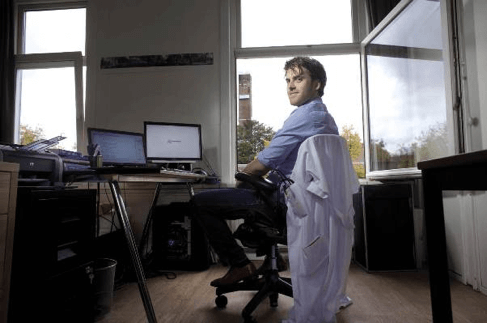
It did not take me long to realise that this was not a future proof solution. I had spent the past 6 years working as a freelance PHP programmer, building medical apps (in Dutch), and using Excel seemed like a bad idea for a myriad of reasons. I decided to build my own electronic CRF system, allowing nurses and doctors to easily enter data about patients in the ICU.
After two weeks of programming on and off the job, I had created the first version of the system: “The Research Data Collector”. We tested the tool and after a week or so we started using the system in the ICU.
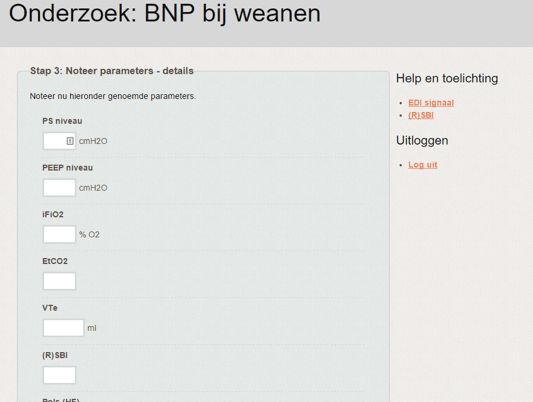
I quickly discovered that almost all unfunded investigator initiated studies used Excel or SPSS for data collection.
When I asked why, people told me they had no other way of doing it: the professional systems were too expensive and open source software took too much effort.
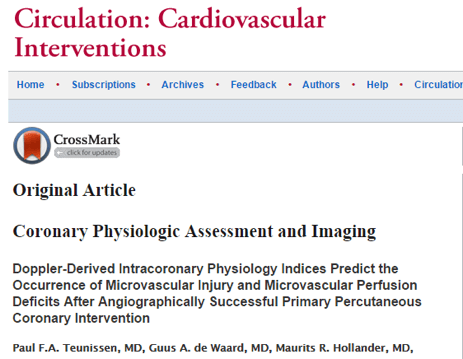
I saw an opportunity for a system that allowed researchers to build their own online databases. It didn’t take long for me to find a friend who was going to do his PhD in Amsterdam. We decided that he would use my system, which was still called “The Research Data Collector”. Two months after I left the ICU, I had my first customer and had built the first version of what was to become Castor Electronic Data Capture (EDC). Back then we did not have a Form Builder and I used Excel files to define a structure and convert this into fields and forms.
I got lucky again, because people in my friend’s network were also looking for an affordable system for data collection, and I rapidly acquired my second and third customers. I was now generating revenue and thought: “This might actually work.” In the meantime I had also started my PhD in the Academic Medical Center (Amsterdam) and usually spent 8 to 15 hours per week in my spare time on Castor.
My initial customers supplied me with great input for new functionality and Castor started on the path towards becoming what it is today. Because of my PhD, I had limited time to spend on developing Castor further and I knew it was time to take the next step. I met a cardiologist who was interested in helping me develop Castor. I decided to take the leap: we pooled our resources and hired two developers.
We redesigned the application from the ground up and built what I now refer to as the second version of Castor in the space of about 6 months. Back then we only had 4 or 5 customers, which is amazing considering we now see that number of studies being started almost daily! In 2012 I met our Lead Developer Sebastiaan and started working on version 3. This was the basis for the current application, with greatly improved code quality and many new features.
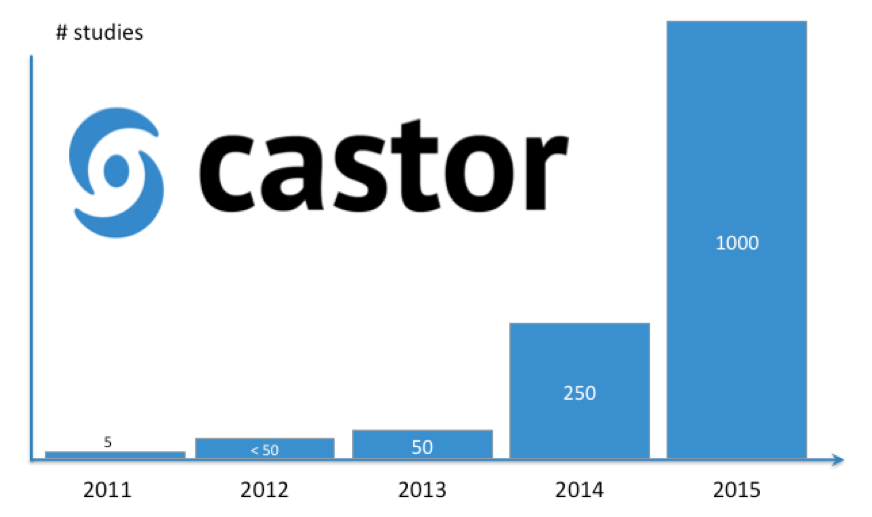
The team has since grown to an incredible 12 people and our in-office dashboard reads 1000 studies as opposed to 5! What has happened between then and now will be part of a future blog post!
